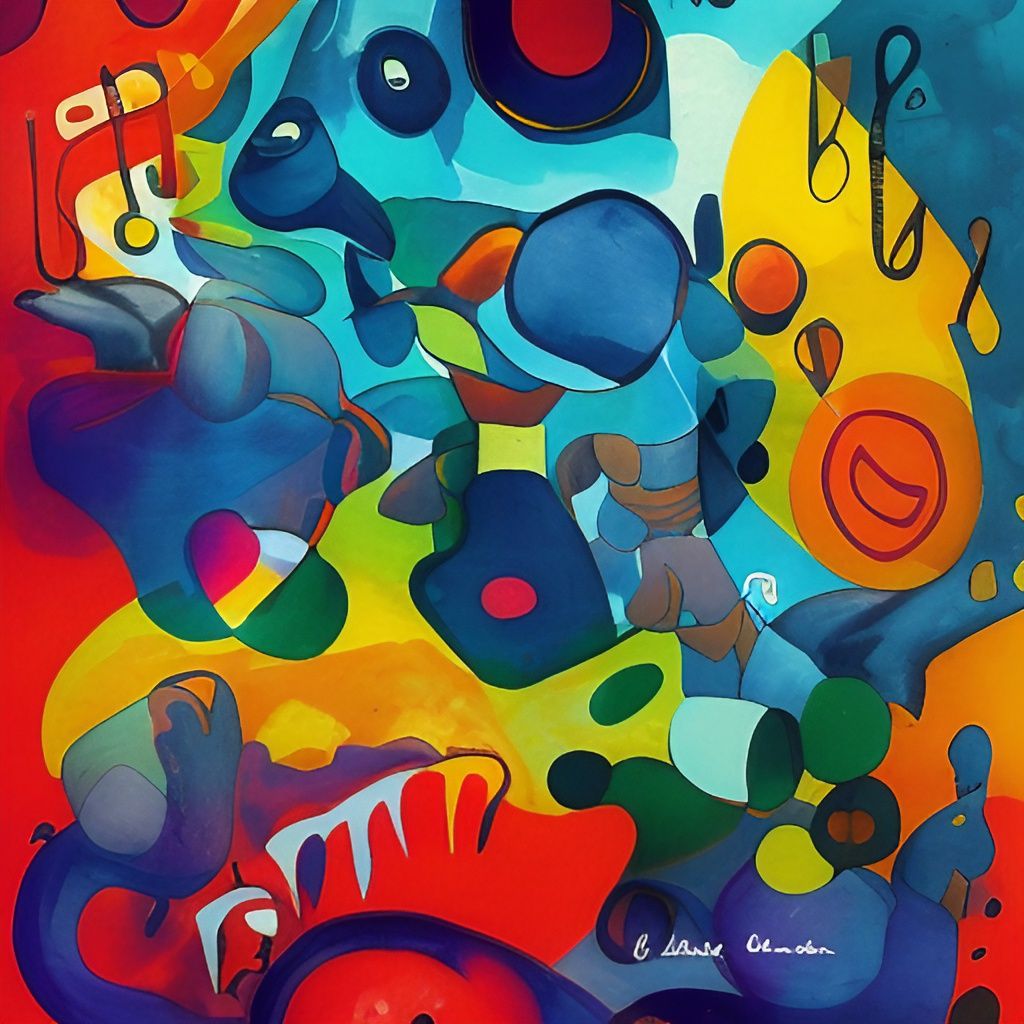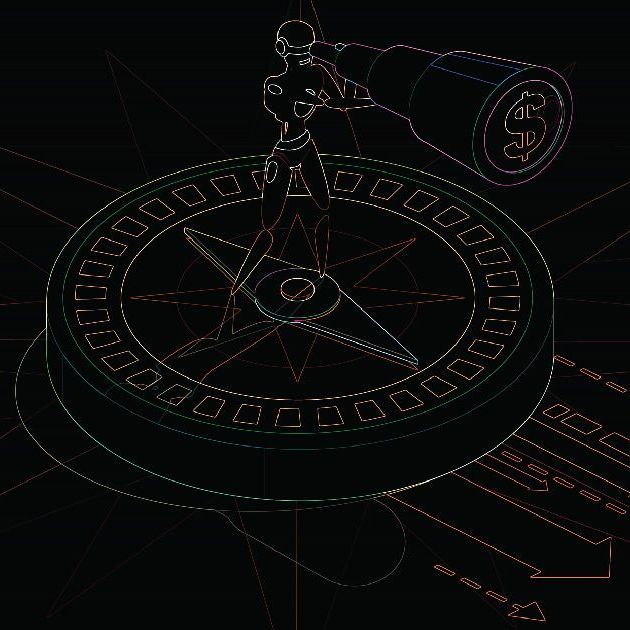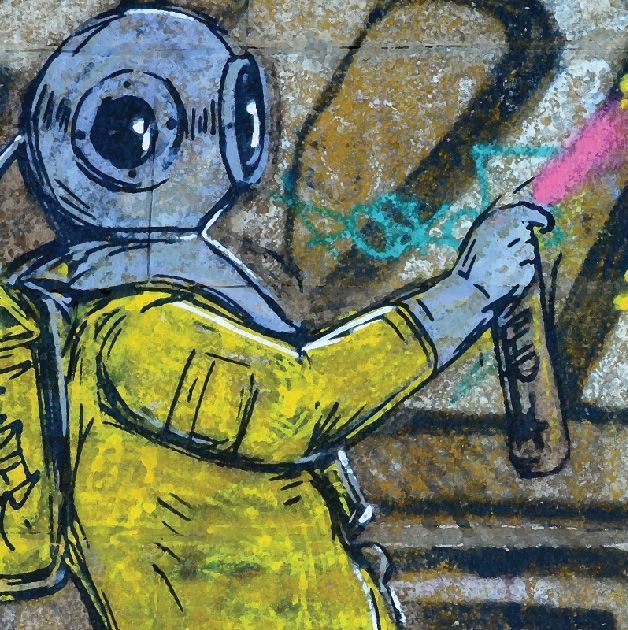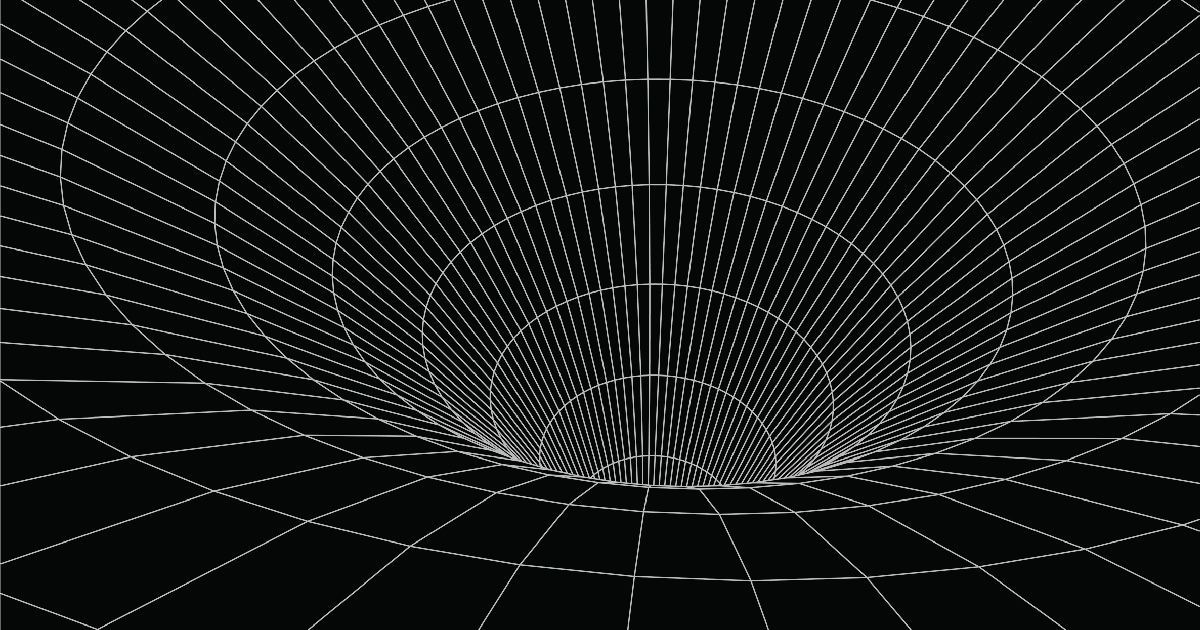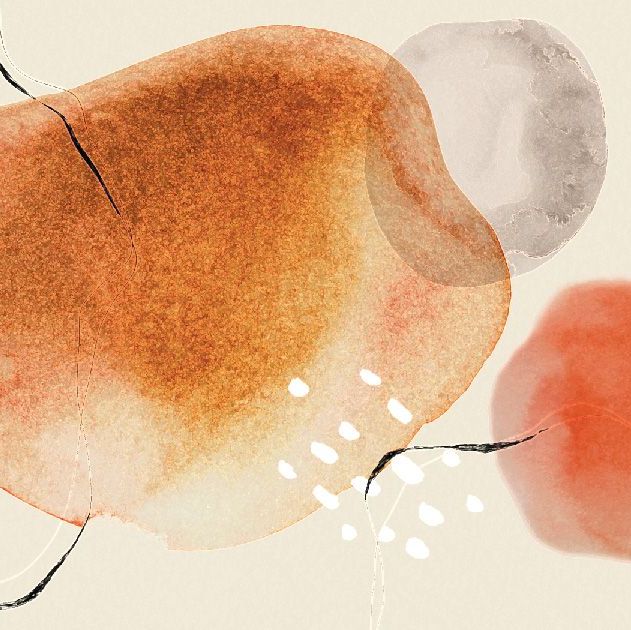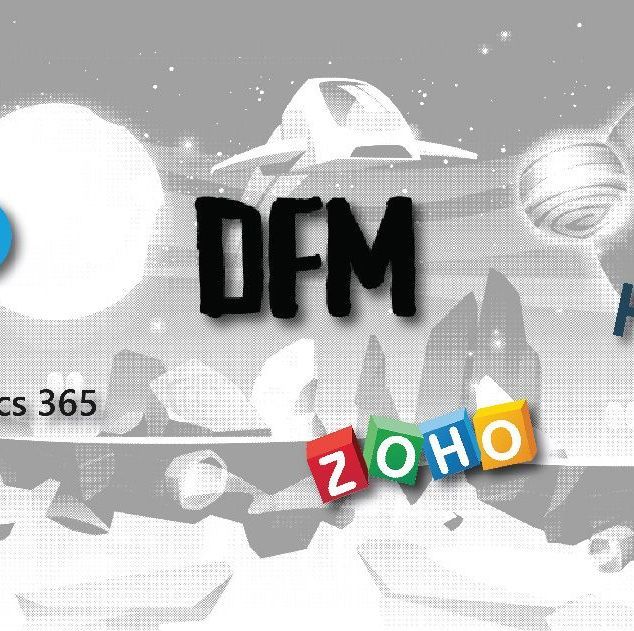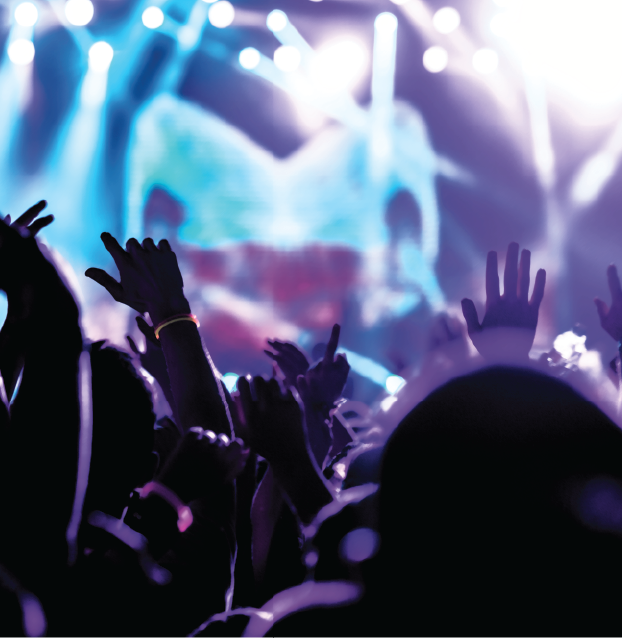Let's have a chat
816-730-0173
Send an email
info@dataforagemarketing.com
Is AI Art Really Art?
The Great AI Art Debate: Is a Robot Really an Artist?
In the world of art, there's always been debate over what constitutes as "art." Is it a painting of a bowl of fruit? A sculpture of a human form? A performance piece in which the artist eats said human form sculpture? These days, there's a new debate raging in the art world, and it's over whether or not robots can be considered artists. Here's a look at both sides of the argument.
The Argument for AI-Generated Art:
Those who believe that robots can be considered artists point to the fact that, increasingly, algorithms are being used to create works of art. For example, there's an emerging genre of music known as "algorave," in which algorithms are used to generate the sounds and rhythms that make up a track. Similarly, there are now programs that can generate images and videos that are eerily realistic—and sometimes indistinguishable from those created by humans. Proponents of this view argue that if algorithms can create works of art that are indistinguishable from those created by humans, then the machine responsible for creating them is, in fact, an artist.
The Argument Against AI-Generated Art:
On the other side of the debate are those who believe that robots cannot be considered artists because they lack creativity—a key ingredient in any work of art. They point to the fact that while algorithms may be able to generate realistic images and videos, they're only doing so because they've been programmed to do so. A human artist, on the other hand, has the ability to come up with an original idea and bring it to life in a way that no algorithm ever could. This argument has some merit; after all, one could argue that even if a robot is capable of generating realistic works of art, it's only doing so because it's been given specific instructions on how to do so. It's not making any creative decisions on its own.
Conclusion:
So who's right? At this point, it's impossible to say for sure. What we do know is that both sides make valid points—and that the debate is likely to rage on for some time to come. As technology continues to evolve, it's conceivable that robots will eventually become capable of true creativity. And when (or if) that happens, we'll have to revisit this question once again. Until then, we'll just have to wait and see how things play out.
PS. The art in this blog was generated by AI ;)
